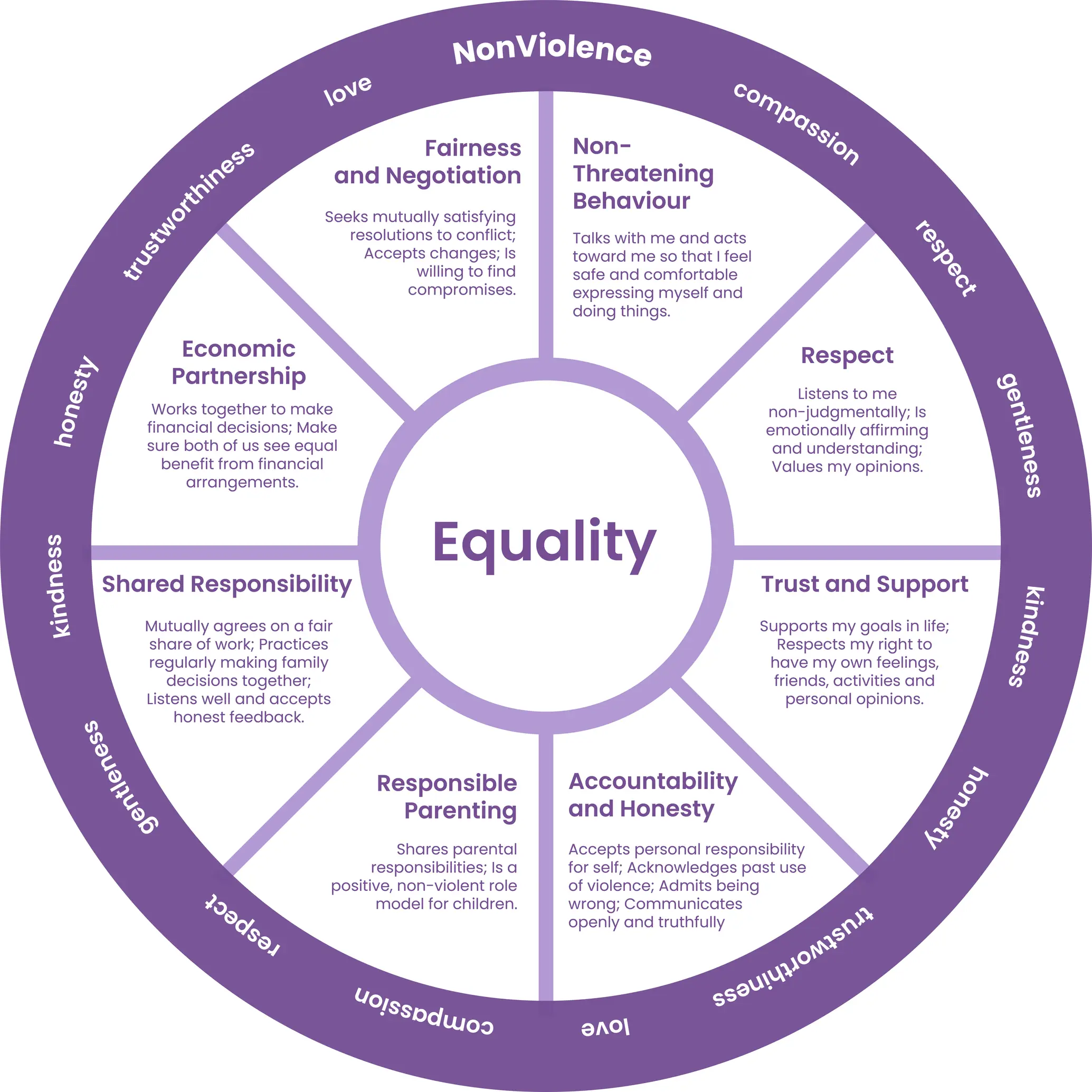Red flags vs green flags
A healthy relationship is based on traits such as good communication, honesty, trust, and respect. Every relationship is unique but, if you feel like something isn’t right, it is likely that you’re picking up on behaviours sometimes referred to as “red flags” - as in the signal warning to be on your guard. The opposite of these behaviours - “green flags” - represent positives in a relationship or qualities that help to make a relationship healthy.
Red flags
- Jealous
- Controlling
- Checks your phone
- Pressures you to do things you don’t want to do
- Criticises you
- Hurts you or your feelings
Green flags
- Communicates openly with you
- Respects your thoughts and feelings
- Trust
- Listens to you
- Is supportive of you
- Honesty


